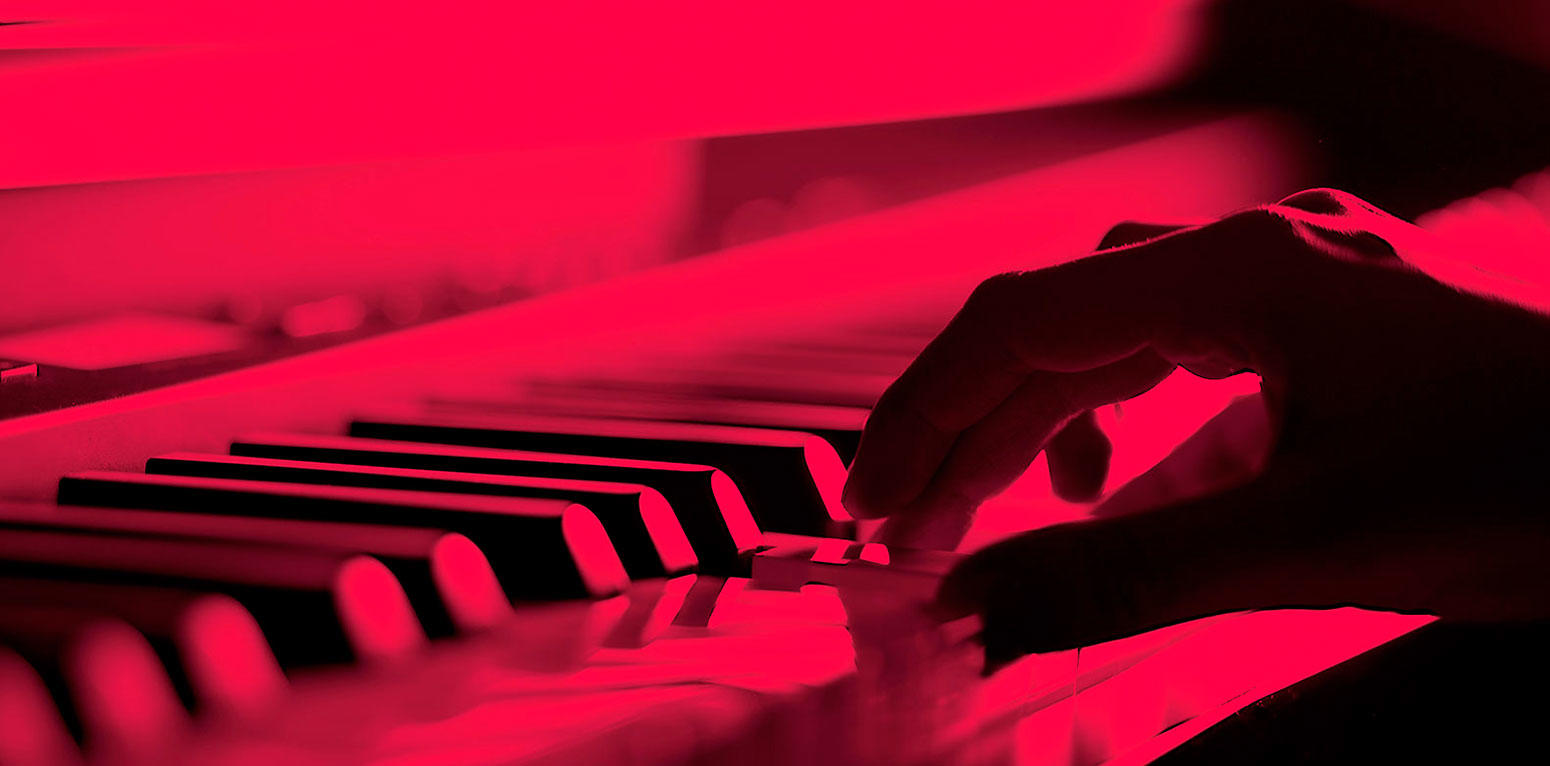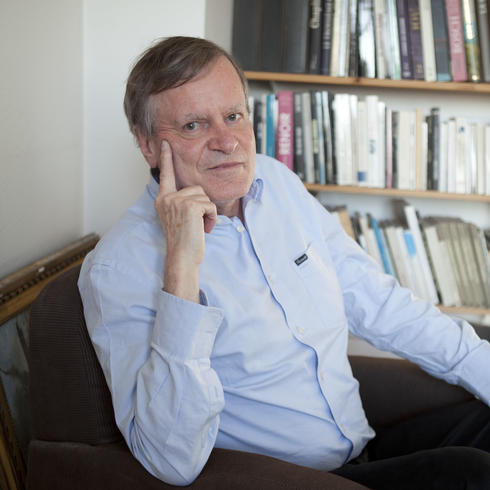
" Les Éclairs "
Opera
Ed. Durant
2023 SELECTION
- Nominated for : The Musical Composition Prize 2024
> World premiere: November 2, 4, 6, 8, 2021
Opéra-Comique (Paris)
Orchestre Philharmonique de Radio France
Ensemble Aedes, choir
Jean-Christophe Lanièce, Gregor
André Heyboer, Edison
Elsa Benoit, Betty
Marie-Andrée Bouchard-Lesieur, Ethel
Jérôme Boutillier, Parker
François Rougier, Norman
Stéphane Lara, Antoine Pinquier, extras
Ariane Matiakh, conductor
A dive into the New York of the industrial revolution, with the extraordinary destiny of Nikola Tesla, inhabited by his revolutionary visions on electricity. Writer Jean Echenoz adapts his novel for the stage and Philippe Hersant premiered his third opera, for this world premiere commissioned by the Opéra-Comique. He tells us a little more below:
It has been several years since your last opera, a genre that you have enriched with rare but essential works in the past. Why this long silence?
Fifteen years separate Le Moine noir from Éclairs. But this long silence is not due to any disinterest in the lyrical genre; I had a few opera projects over the years, but they didn't come to fruition. The random nature of commissions made me turn to other horizons: a large number of sacred works and choral works, in particular, have punctuated this entire period.
What were the main reasons that convinced you to take on such a task?
Olivier Mantéi contacted me as soon as he took up his duties at the Opéra-Comique. But as I said, certain projects did not come to fruition. When he suggested that I set to music the libretto he had commissioned from Jean Échenoz, I was immediately interested. First of all because of the admiration I have for this writer. And also because I found in this libretto themes similar to those of my previous operas, but in a very different form, which allowed me to renew myself. Scientific innovation is at the heart of the action of Château des Carpathes and Éclairs - and Jules Verne’s character Baron Verne brings to mind Edison. As for the Gregor in Éclairs (inspired by Nikola Tesla), he looks a bit like Andrei, the hero of Moine noir: bright, brilliant, but a little crazy and incapable of living in society.
Those are the commonalities. But the rhythm imposed by this libretto is totally different from that of my two previous operas, which is rather slow. There is no rest in Jean Échenoz's libretto, there is a lot going on. The scenes are brief, follow one another at high speed and are extremely varied: comical, sentimental, ironic or horrific. That is what won me over.
Based on your experience, what "pitfalls" did you manage to avoid? How would you judge this latest adventure compared to those of Château des Carpathes or Moine noir ?
There was a certain static nature in my previous operas. And the orchestral part was often predominant and perhaps, at times, a little overwhelming. In Éclairs, the orchestral writing is less dense and the voice-orchestra balance is more finely tuned. I wanted to be true to the title. Lightning [Éclairs]! Everything goes fast here, everything is linked together and sometimes even telescopes. Jean's libretto is reminiscent of a film script. I tried to keep that cinematic fluidity.
Ideally, how would you wish the Opéra-Comique audience to experience the premiere? Could certain musical (your last recordings), literary (Echenoz's novels), cinematic (Le Prestige) or documentary (history of science) works help make sense?
I think it would be interesting for the viewer to read the novel Des Éclairs - both very similar and very different to the libretto. Jean Échenoz has done a great deal of work in adapting the novel. It's a complete rewrite, a very successful genre transposition.
And yes, of course, this is the opportunity to see Christopher Nolan's The Prestige, if only to see the role of Tesla played by David Bowie. The character has even inspired various series writers: Tesla has since appeared in several episodes of Murdoch Mysteries. A biopic has also been recently produced, but I haven't seen it.
Why not also pay a visit to the small Tesla museum in Belgrade? There are lots of photos and documents, canes, hats, costumes that belonged to Tesla (he was a real dandy), but above all, visitors can attend a shocking exhibit, with a Tesla coil and neon tubes. Thrills and sparks guaranteed.
Or (much simpler!) pay a quick visit to the Musée du Luxembourg, where photos by Vivian Maier will be exhibited this autumn. A nice and easy way to immerse yourself in the New York atmosphere.
Posted by Durand Salabert Eschig on 12 October 2021

